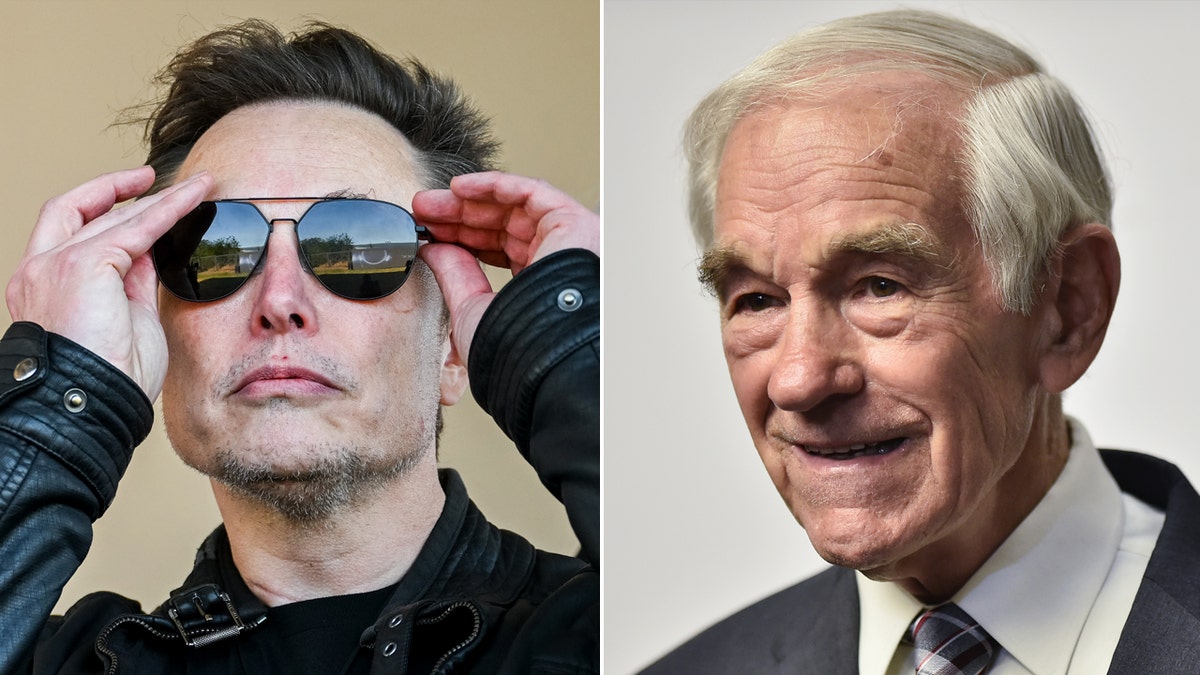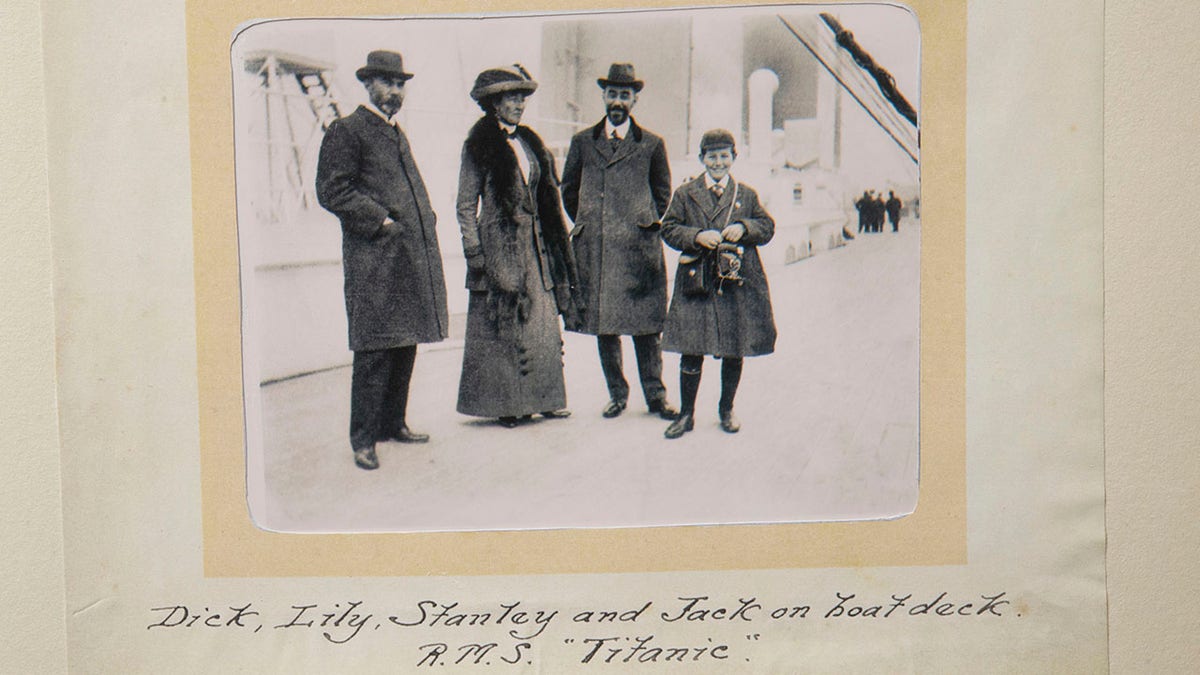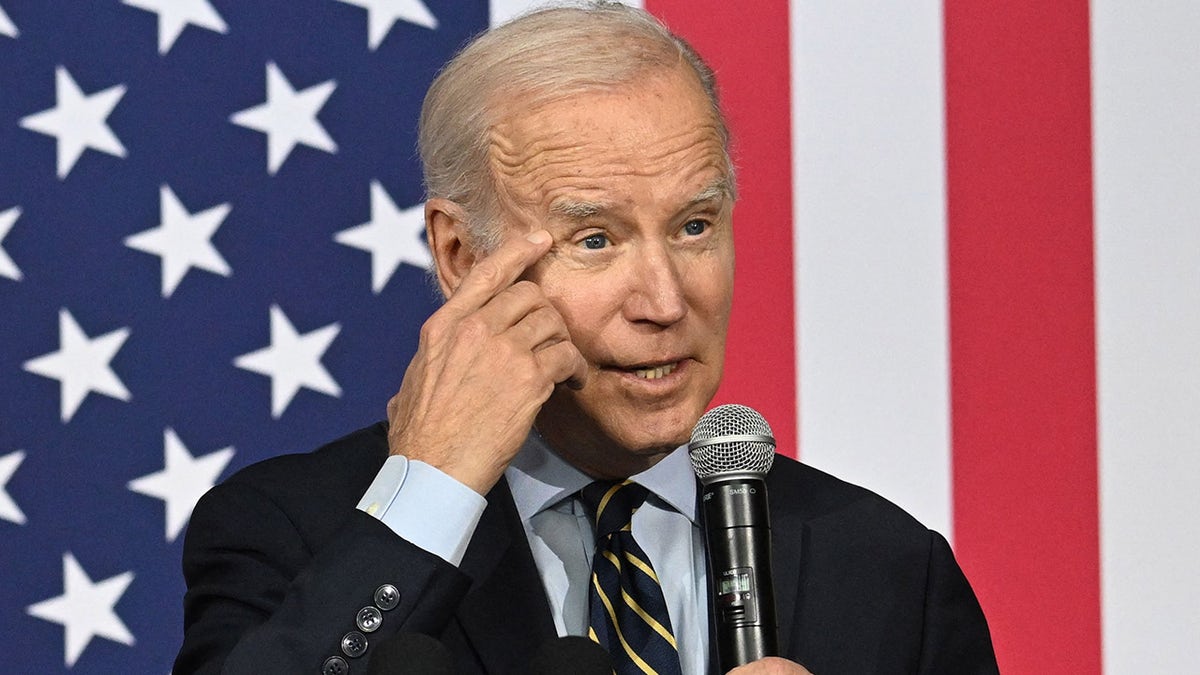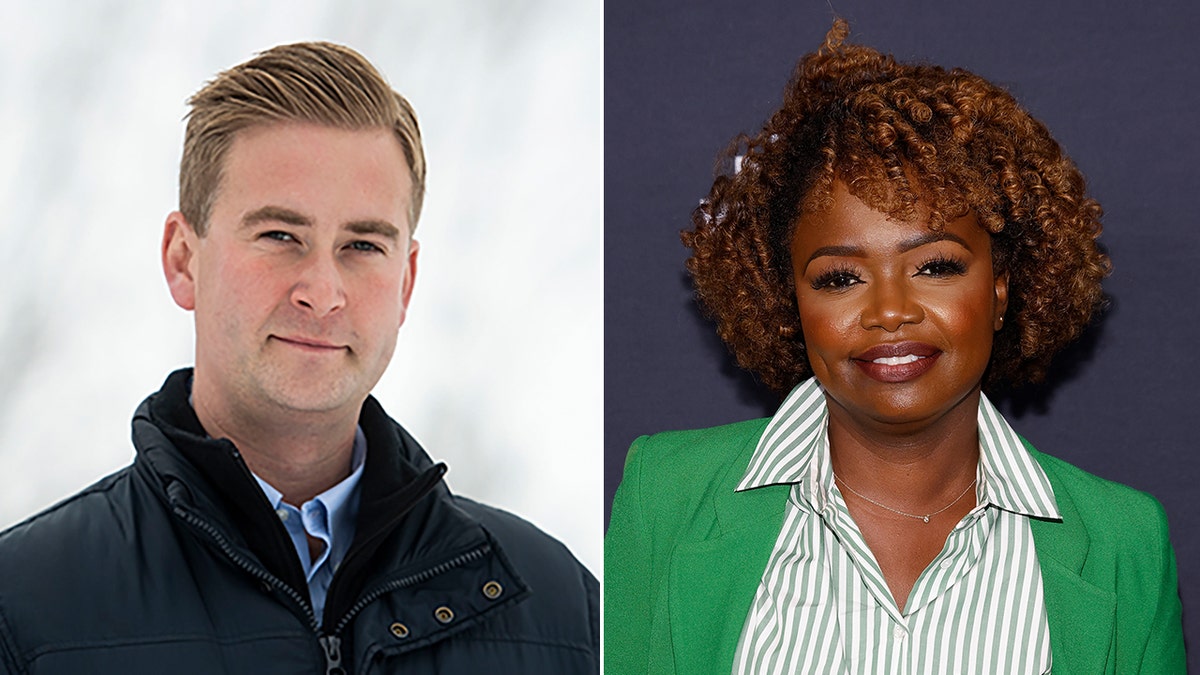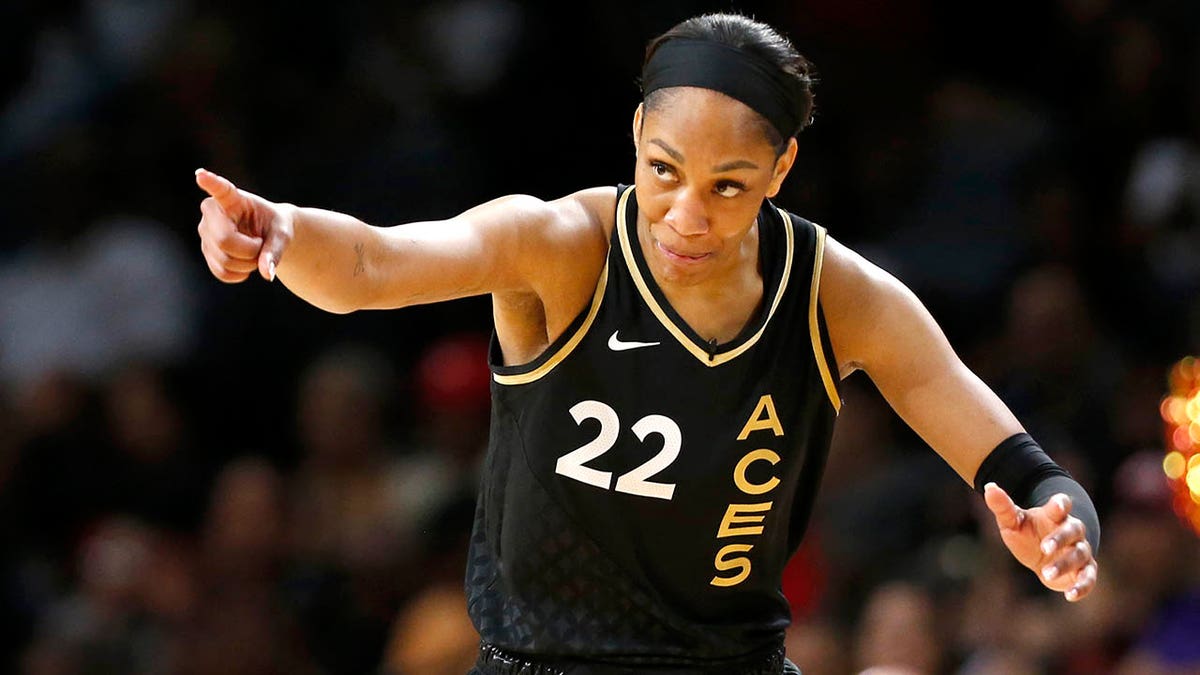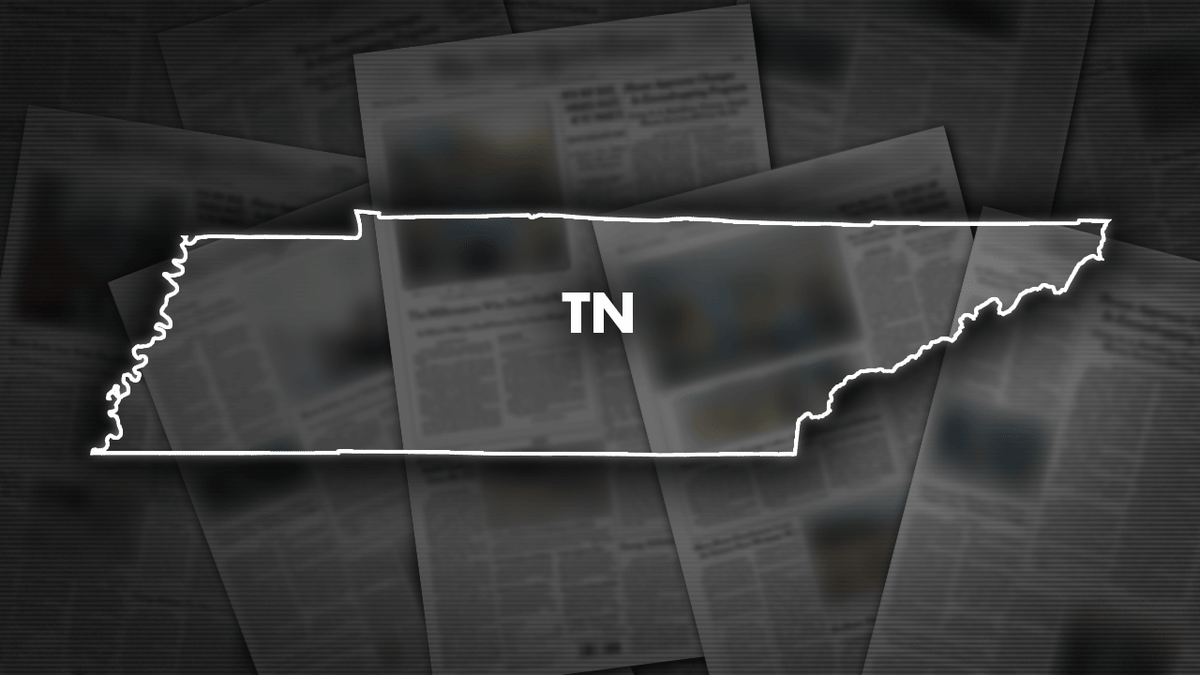After nine years at the helm, Canadian Prime Minister Justin Trudeau has announced his resignation, leaving the Liberal Party navigating turbulent waters. Declining approval ratings and an upcoming election create a challenging environment for the next leader. Key issues awaiting Trudeau's successor include a rising cost of living, immigration challenges, and economic pressures stemming from President-elect Trump's policies. The looming election, with a strengthened Conservative Party as the primary opposition, adds another layer of complexity.
The Liberal Party will hold a national leadership contest to determine Trudeau's replacement. Several current ministers and former party figures are considered potential contenders. Here's a look at some of the prominent individuals:
Chrystia Freeland

Chrystia Freeland, the former Finance Minister and Deputy Prime Minister, resigned from the Cabinet last month, signaling a shift in the party dynamics. Her disagreements with Trudeau's economic strategies, which she deemed fiscally irresponsible in the face of potential U.S. tariffs, position her as a distinct figure. While her prominent role makes her a potential frontrunner, her close association with Trudeau's administration could be a double-edged sword. Further complicating matters is her strained relationship with President-elect Trump.
Mark Carney
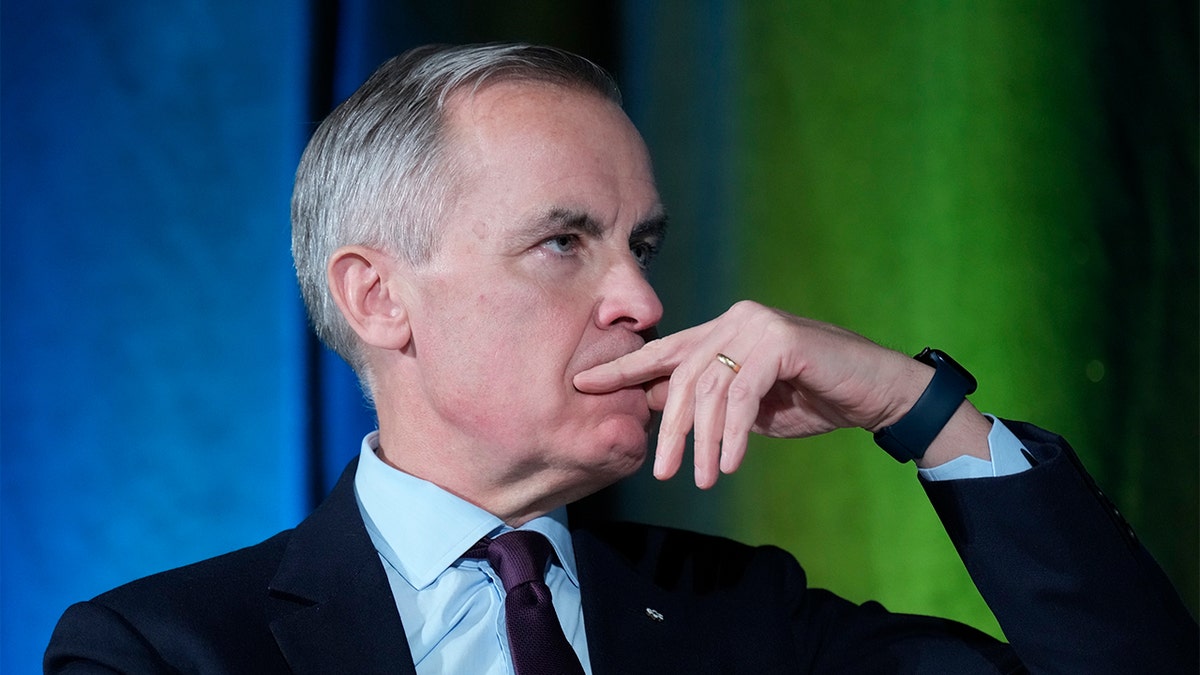
Mark Carney, the former governor of both the Bank of Canada and the Bank of England, is another potential candidate. His extensive experience in economics and finance, including navigating the 2008 financial crisis and Brexit, gives him strong credentials. However, his lack of experience in elected office and potential perception as aligned with Trudeau's policies could pose challenges.
Dominic LeBlanc
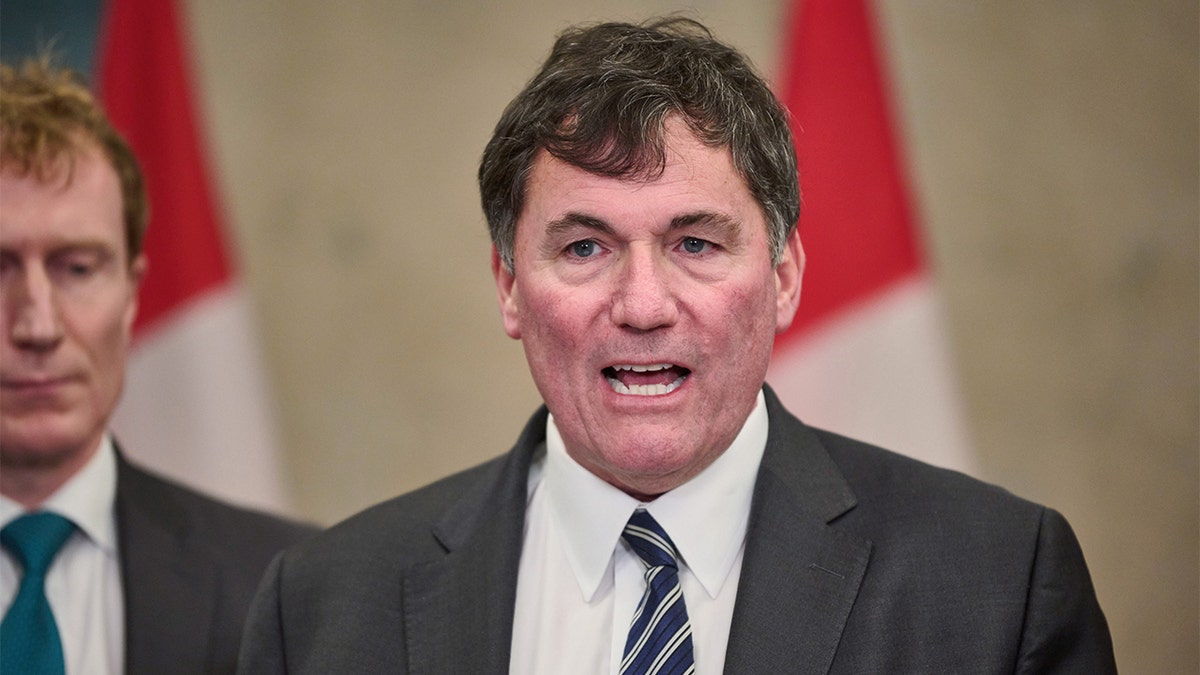
Finance Minister Dominic LeBlanc, Freeland's successor, is also in the running. Known as Trudeau's "fixer" and a close personal friend, he has a history of taking on challenging portfolios. His recent involvement in tariff discussions with President-elect Trump adds to his relevant experience. However, like Freeland, his close ties to Trudeau could be a disadvantage.
Mélanie Joly
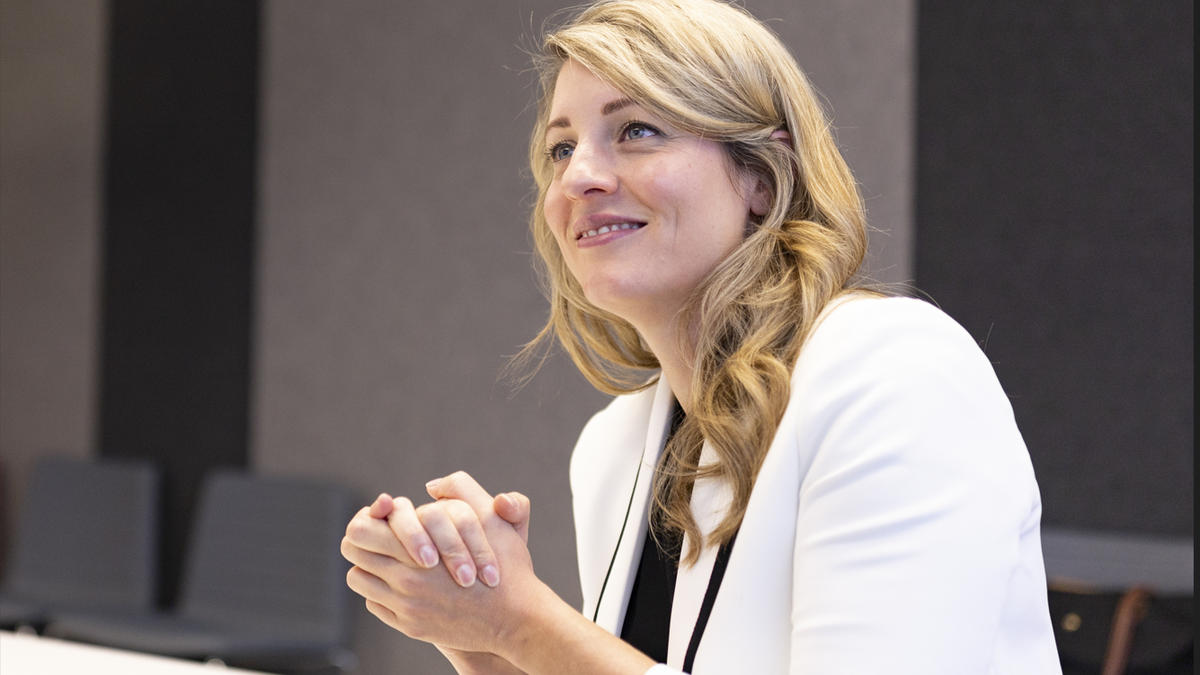
Foreign Affairs Minister Mélanie Joly, another participant in the Mar-a-Lago discussions, is a rising figure in the Liberal Party. Her experience navigating complex international relations, including the war in Ukraine and relations with China and India, provides a strong foundation. Her advocacy for "pragmatic diplomacy" suggests a potential approach to international affairs.
Christy Clark
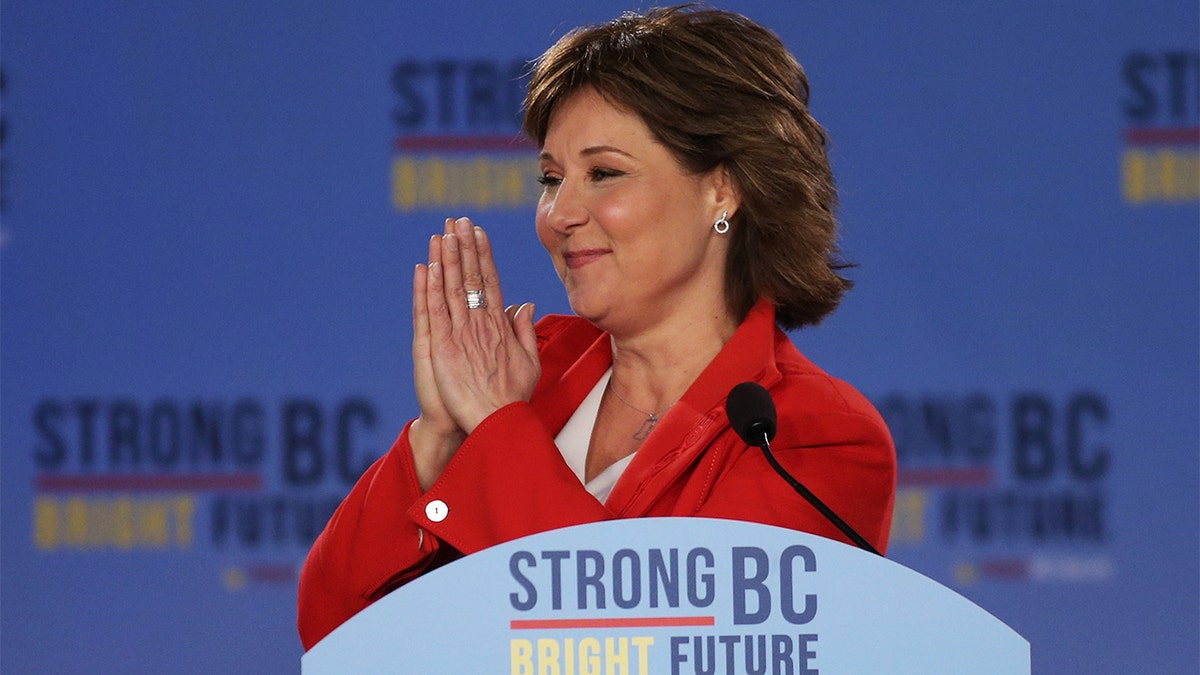
Christy Clark, the former premier of British Columbia, has expressed interest in the leadership role. Her experience outside of Trudeau's immediate circle could be seen as an asset. Her recent public statements emphasize her commitment to the Liberal Party and her desire to contribute to its future direction.
Frank Baylis
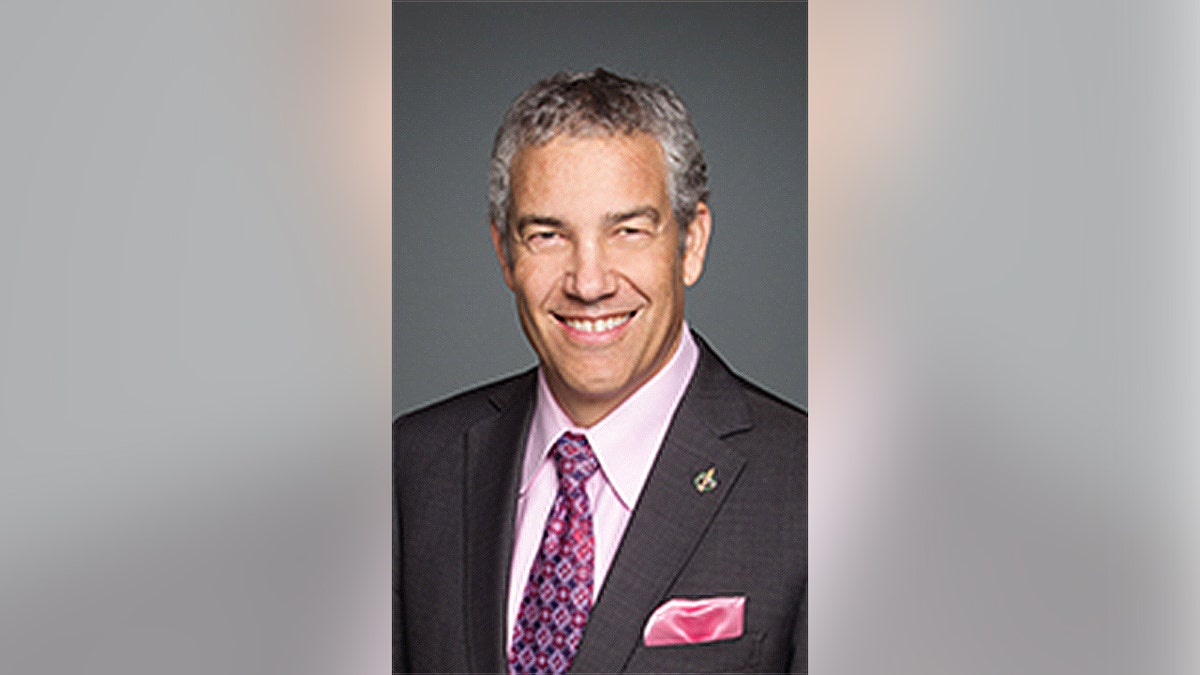
Frank Baylis, a former Montreal MP and businessman, is the first to officially declare his candidacy. His business background and experience negotiating contracts across the U.S.-Canada border are key aspects of his platform, positioning him as a practical leader capable of navigating complex economic issues with the U.S.

